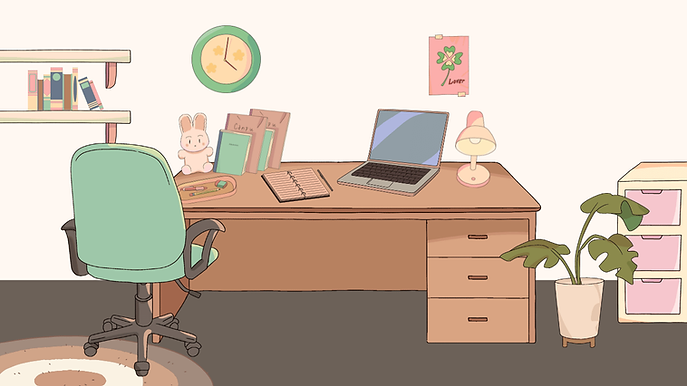How to Accept Responsibility for Your Actions
School Discipline

How to Accept Responsibility for Your Actions
Being a student can be tough. You're juggling schoolwork, friends, maybe even a job or family responsibilities. Sometimes it feels like you're just trying to keep your head above water. But one thing that can make life a lot easier is taking responsibility for your actions. This means owning up to your choices, both good and bad, and learning from your mistakes.
It's not always easy, I know. Sometimes it's easier to blame someone else or make excuses. But taking responsibility is a really important skill, and it will help you grow as a person. It can even help you achieve your goals. Here are some ideas that have worked for me, based on books I've read, research I've done, and practical things I've tried.
50 Ideas for Students: How to Accept Responsibility for Your Actions
From Books:
Books can be a great source of wisdom. These are some that have helped me understand and practice taking responsibility:
- "The 7 Habits of Highly Effective People" by Stephen Covey: This book emphasizes being proactive, which means taking charge of your choices and actions. It's about being the master of your own destiny.
- "The Power of Now" by Eckhart Tolle: This one is about being present in the moment and realizing the power you have in it. That means owning up to the things you're doing right now, instead of dwelling on the past or worrying about the future.
- "Daring Greatly" by Bren� Brown: This book talks about embracing vulnerability, which means being okay with making mistakes. It's about seeing mistakes as opportunities to learn and grow.
- "The Happiness Project" by Gretchen Rubin: This book is all about experimenting with habits that make you happier, and one of those habits can be taking responsibility for your actions.
- "Mindset: The New Psychology of Success" by Carol Dweck: This one teaches about the growth mindset, which means focusing on learning and improving from mistakes. It's about seeing challenges as opportunities to grow stronger.
From Research:
Research can give you a deeper understanding of the psychology behind taking responsibility. Here are some of the ideas I've learned:
- Cognitive Behavioral Therapy (CBT): This type of therapy helps you identify and challenge negative thought patterns that can get in the way of taking responsibility.
- Self-Efficacy Theory: This theory explains that the more confident you are in your ability to do something, the more likely you are to take responsibility for it.
- Moral Development Theory (Kohlberg): This theory helps you understand different stages of moral reasoning, which can influence how you think about responsibility.
- Social Cognitive Theory (Bandura): This theory highlights how your environment, personal factors, and your own behavior all influence your actions and responsibility.
Practical Ideas:
These are some practical things you can try to build responsibility into your daily life:
- Journaling: Write down your thoughts, feelings, and actions. Reflecting on your experiences can help you become more aware of your choices.
- Goal Setting: Set clear goals for yourself and make a plan to achieve them. Taking ownership of your goals can help you stay focused and motivated.
- Time Management: Plan your time effectively, set priorities, and follow through on your commitments. This helps you be accountable for your responsibilities.
- Apologizing: When you make a mistake, apologize sincerely to those affected. It shows that you own up to your actions and want to make things right.
- Asking for Help: It's okay to ask for help when you need it. Recognizing your limitations shows that you're responsible for your own well-being.
- Practice Mindfulness: Pay attention to your actions, thoughts, and emotions in the present moment. This helps you become more aware of your choices and how they affect others.
- Engage in Service: Volunteer your time and skills to others. This helps you develop a sense of responsibility for your community and the people around you.
- Practice Gratitude: Express appreciation for the good in your life and the people who support you. This can help you feel more responsible for your own happiness.
Taking responsibility for your actions is a journey, not a destination. There will be setbacks, but the key is to keep learning, growing, and making those responsible choices. The more you practice, the easier it will become.